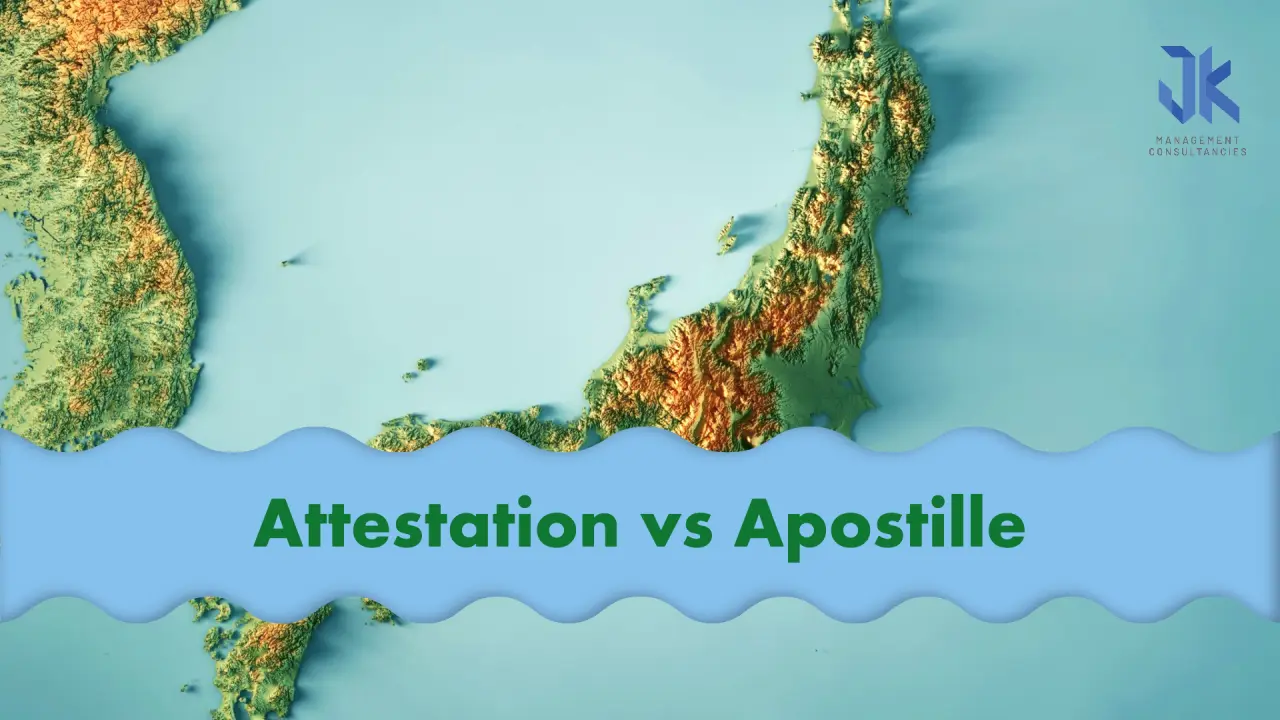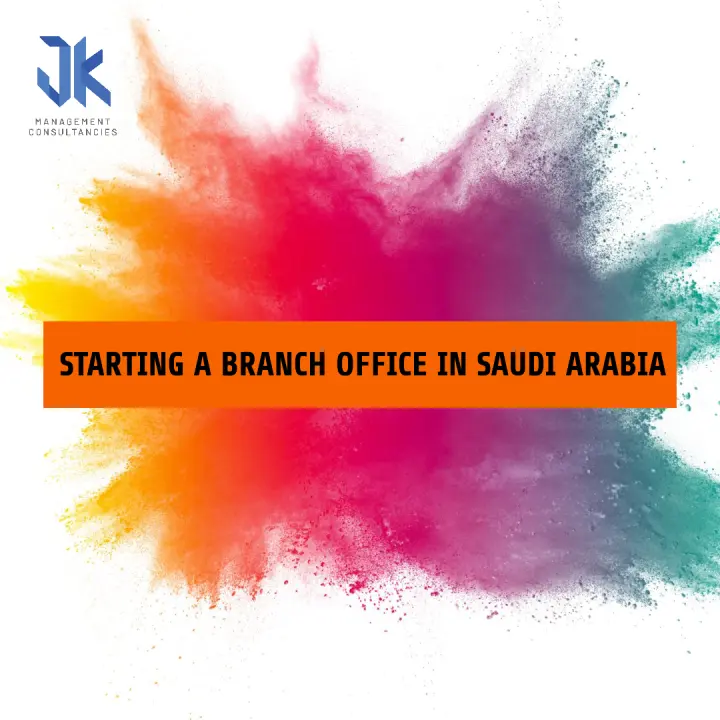In today’s globalized world, businesses and individuals frequently find themselves needing to present official documents abroad. Whether it’s for employment, education, or business purposes, ensuring your documents are legally recognized in foreign countries is essential. Two common processes for verifying the authenticity of documents are attestation and apostille services. However, while both services authenticate documents, they serve different purposes and apply to different countries.
Here, we explore the differences between attestation and apostille services, their processes, and when you would need each. We also shed light on why it’s crucial to choose the right service for your international endeavors, especially when navigating the legal landscape of different nations.
What is Attestation?
Attestation is a process of verifying the authenticity of a document by government authorities or designated bodies in a country. It involves multiple layers of verification to ensure that the document is valid and recognized in foreign jurisdictions. Attestation is commonly required when you need to use your documents in countries that are not part of the Hague Convention.
The Attestation Process:
- Notarization: The document first needs to be notarized by a certified notary.
- State Authentication: In some cases, depending on the type of document, a state-level authority or department may need to verify the document.
- Ministry of Foreign Affairs (MOFA): The next step is having the document verified by the Ministry of Foreign Affairs of the issuing country.
- Embassy Attestation: Finally, the embassy or consulate of the destination country verifies the document to complete the attestation process.
Documents typically requiring attestation include birth certificates, educational certificates, marriage certificates, power of attorney, and commercial documents like certificates of incorporation.
When is Attestation Needed?
- For Non-Hague Convention Countries: Countries like the United Arab Emirates (UAE), Saudi Arabia, and most other GCC countries require attestation rather than apostille services.
- Employment and Business: If you’re relocating for work or business in a country that requires attestation, official documents such as degrees and contracts must be attested.
- Legalization for Residency or Migration: Individuals moving for residency or educational purposes also need attestation services.
What is Apostille?
An apostille is a certificate issued by the designated authorities of a country that is a signatory to the Hague Convention of 1961. Apostille services are streamlined compared to attestation, as the apostille is a single certification that verifies the authenticity of the document without further need for additional embassy or consulate verification.
The Hague Apostille Convention simplifies the process of document legalization by ensuring that any document issued in one signatory country is automatically recognized in all other signatory countries. As of today, over 120 countries are part of this treaty, including most of Europe, the United States, and Australia.
The Apostille Process:
- Notarization (if required): Some documents may still need to be notarized before being apostilled.
- Government Authority: A designated government office, typically the Ministry of Foreign Affairs or a department of the judiciary, issues the apostille.
- Single Step Authentication: Once the apostille is affixed to the document, it is internationally recognized.
Documents that can be apostilled include birth certificates, academic degrees, legal agreements, and personal affidavits.
When is Apostille Needed?
- For Hague Convention Countries: Countries like France, Italy, Germany, the USA, and many others accept apostilled documents.
- Streamlined Process: For countries that are part of the Hague Convention, the apostille ensures documents are processed faster, with less bureaucracy compared to the attestation process.
- Educational and Work Opportunities Abroad: Students going for higher studies or professionals moving to work in a Hague Convention country will need their documents apostilled.
Key Differences Between Attestation and Apostille:
- Applicability:
- Process:
- Document Validity:
- Time and Cost:
Which Service Should You Choose?
The choice between attestation and apostille depends on the destination country where the document will be used. If you’re moving to or conducting business in countries like Saudi Arabia, the UAE, or other non-Hague Convention countries, attestation is mandatory. For countries in Europe, the USA, or other Hague Convention countries, apostille is sufficient.
Why J K Management Consultancies?
At J K Management Consultancies, we provide comprehensive attestation and apostille services tailored to your international needs. Our expertise spans the Middle East, Europe, Asia, and other global regions, ensuring that your documents are processed efficiently and recognized by the appropriate authorities. We simplify the complexities of legal documentation so that you can focus on what matters most — expanding your horizons and seizing opportunities abroad.
Conclusion:
Understanding the differences between attestation and apostille services is crucial for ensuring that your documents are legally recognized in your target country. Whether you’re moving for business, education, or personal reasons, choosing the right service will save you time, hassle, and potential legal complications.
Let J K Management Consultancies be your partner in navigating the complexities of international document verification.
#AttestationServices #ApostilleServices #DocumentLegalization #InternationalBusiness #HagueConvention #SaudiArabiaBusiness #MiddleEastExpansion #DocumentVerification #J K Management Consultancies #UAEAttestation #ApostilleVsAttestation #GlobalOpportunities #LegalDocuments #EmbassyAttestation #ExpatLife
+971502914059







